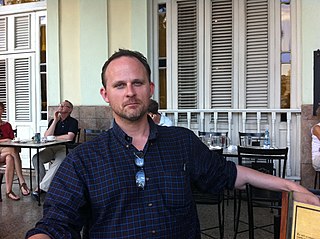A Quote by Lewis Buzbee
Related Quotes
In books I find the dead as if they were alive; in books I foresee things to come; in books warlike affairs are set forth; from books come forth the laws of peace. All things are corrupted and decay in time; Saturn ceases not to devour the children that he generates; all the glory of the world would be buried in oblivion, unless God had provided mortals with the remedy of books.
The books in Mo and Meggie's house were stacked under tables, on chairs, in the corners of the rooms. There where books in the kitchen and books in the lavatory. Books on the TV set and in the closet, small piles of books, tall piles of books, books thick and thin, books old and new. They welcomed Meggie down to breakfast with invitingly opened pages; they kept boredom at bay when the weather was bad. And sometimes you fall over them.
Books -lighthouses erected in the great sea of time -books, the precious depositories of the thoughts and creations of genius -books, by whose sorcery times past become time present, and the whole pageantry of the world's history moves in solemn procession before our eyes, -these were to visit the firesides of the humble and lavish the treasures of the intellect upon the poor.
When I first decided I wanted to be a writer, when I was 10, 11 years old, the books that I loved obviously and openly fit that description: They came with maps and glossaries and timelines - books like Lord Of The Rings, Dune, The Chronicles Of Narnia. I imagined that's what being a writer was: You invented a world, and you did it in a very detailed way, and you told stories that were set in that world.
Only idiots or snobs ever really thought less of 'genre books' of course. There are stupid books and there are smart books. There are well-written books and badly written books. There are fun books and boring books. All of these distinctions are vastly more important than the distinction between the literary and the non-literary.
The current publishing scene is extremely good for the big, popular books. They sell them brilliantly, market them and all that. It is not good for the little books. And really valuable books have been allowed to go out of print. In the old days, the publishers knew that these difficult books, the books that appeal only to a minority, were very productive in the long run. Because they're probably the books that will be read in the next generation.


































